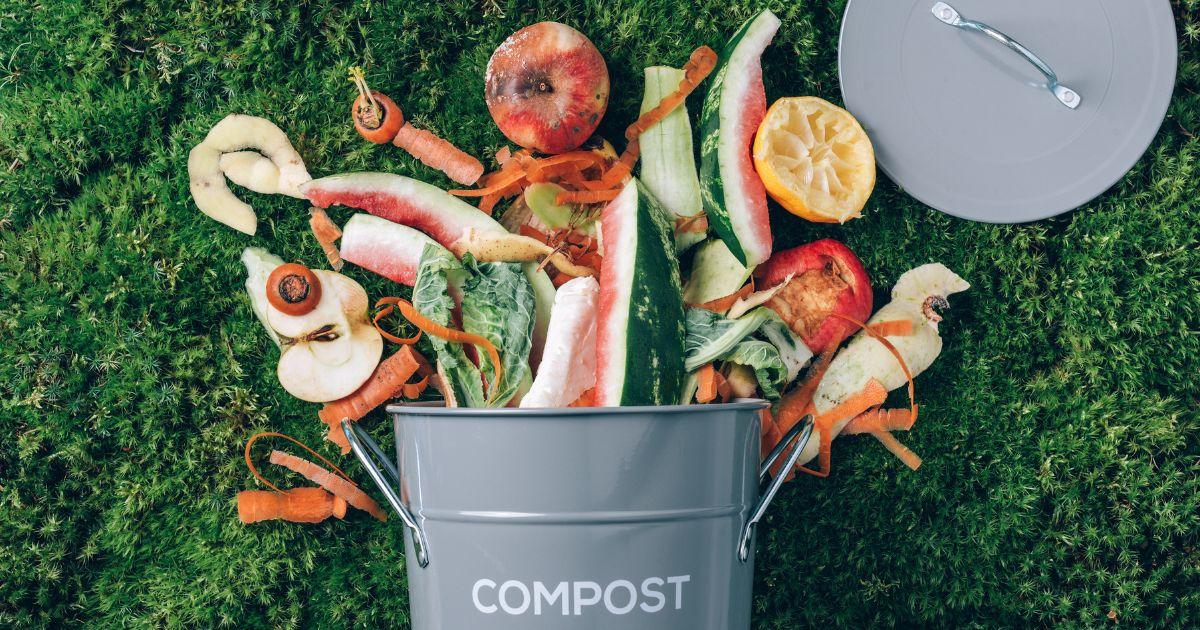
With a voting supermajority (meaning a potential mayoral veto could be overridden), the City Council passed the Zero Waste Act this Thursday, June 8. The new legislation aims to address New York City’s notorious trash problem by requiring residents to separate their food waste from other garbage. As reported by The New York Times, this will help the city catch up with other urban centers like San Francisco and Seattle, which have had long standing mandatory composting laws.
Advertisement
New York City produces over 14 million tons of trash annually, and, per the Sanitation Department, 37% of this is organic waste. Earlier this year, Mayor Adams made waves (or at least, memes) with legislation meant to kick rats to the curb – and then off the curb, and then out of the city altogether. At a February 1 press conference, Mayor Adams stated boldly, “For more than two decades, past administrations have been working to achieve citywide composting — and today, I’m proud to announce we are getting it done.”
So why does the City Council have legislation that is being separated from Mayor Adams’ own, like so much future food waste? There is one crucial difference: unlike the Mayor’s, the Council’s composting bill will make separating organic matter mandatory.
The earlier legislation was aimed at making curbside composting more accessible, with brown bins for biodegradable waste placed across the City. At the time, sanitation commissioner Jessica Tisch said of New Yorkers encountering these bins, “let them get used to it;” with the possibility of mandatory composting put off for an undefined future.
Advertisement
Now, the City Council aims to amend this by gradually rolling out enforced waste separation borough by borough. Brooklyn and Queens will be the first, starting this October, then the Bronx and Staten Island in March 2024. Manhattanites will have until October 2024 to start their compost journey.
Of course, the city has a poor record of enforcing existing trash laws, with recycling penalties feeling relatively rare. With both Mayor Adams and Sanitation Commissioner Tisch declining to comment on this most recent bill, it is unclear how compost will land in the City.



For those of us who have been composting for years via the NYC DOS composting program, it has been very easy, and one of the simplest and most effective ways for individuals to lower their carbon footprint by reducing landfilling and trash burning.
Separating “garbage” from “food waste” is critical in this regard. The process is as simple as can be. Your landlord will be required to have composting bins ((orange-and-brown containers) in which all food waste will be put. For the individual, it is simply a matter of keeping the compostable material separate from other garbage. I keep mine in a plastic bag in my freezer until composting day, when I simply empty that bag into the building compost bin (you cannot compost the plastic bag itself, though there are compostable bags one can buy).
One of the other advantages of composting is that it helps reduce rat infestation: rats go through garbage bags to get at food waste. If the food waste is not there, and is in a container that is no accessible to them, then they have to go elsewhere. Composting is easy and important. Learn about it. Once you get in the habit, you will wonder why you didn’t start doing it sooner.
Keep dreamin